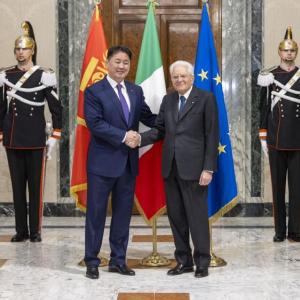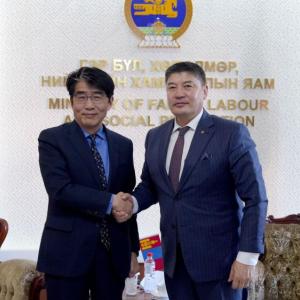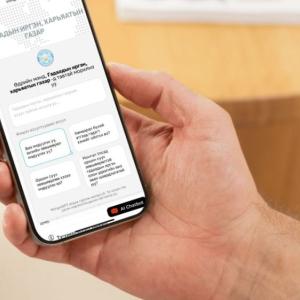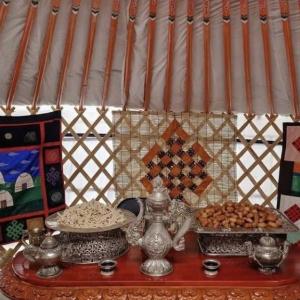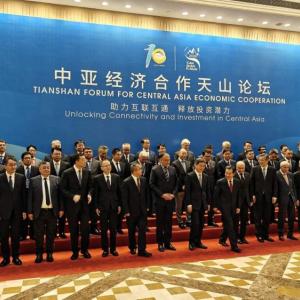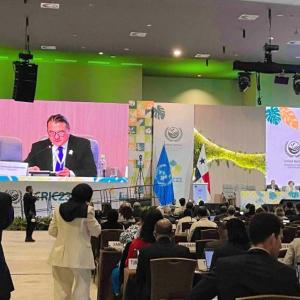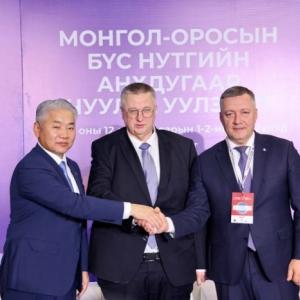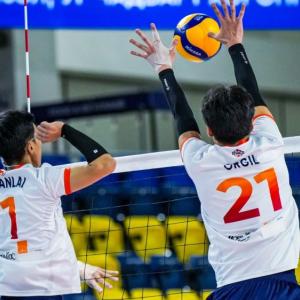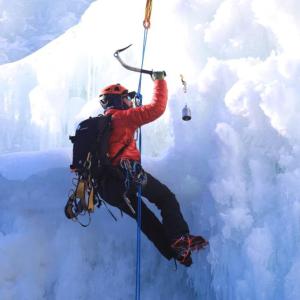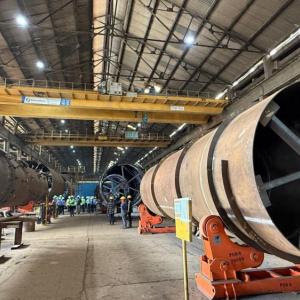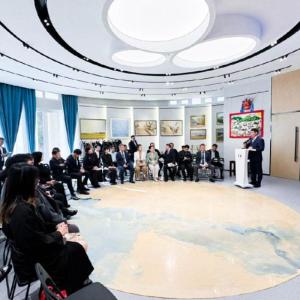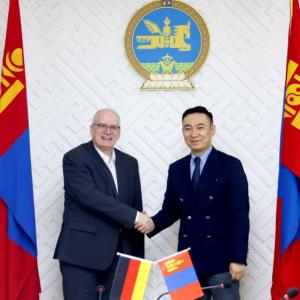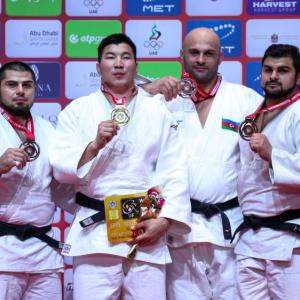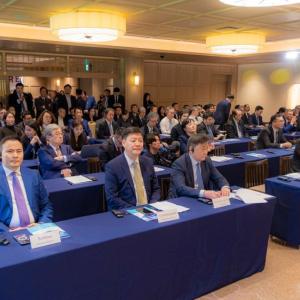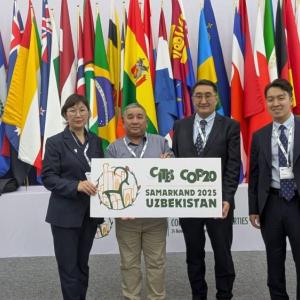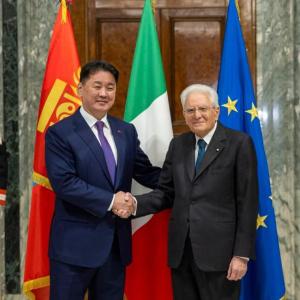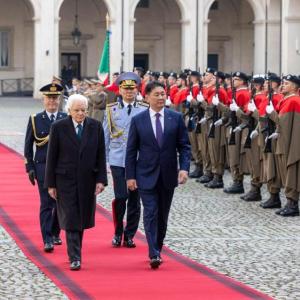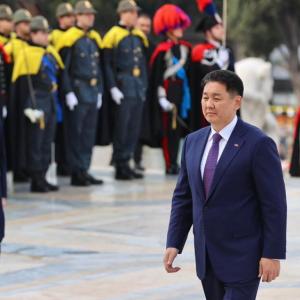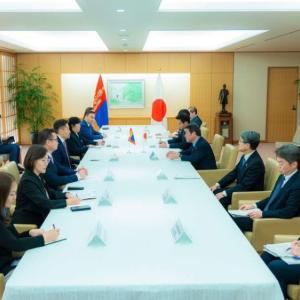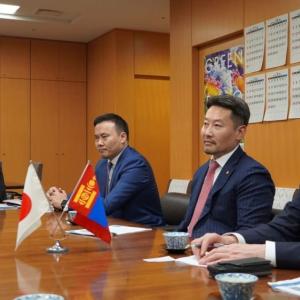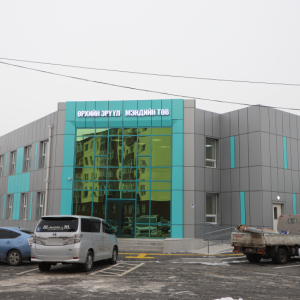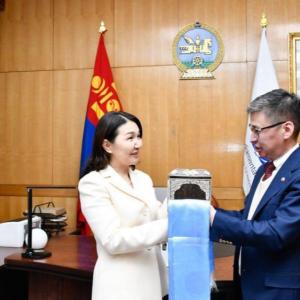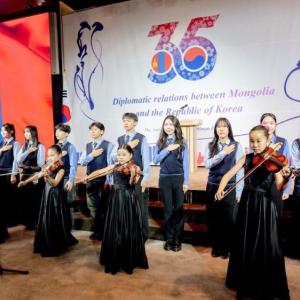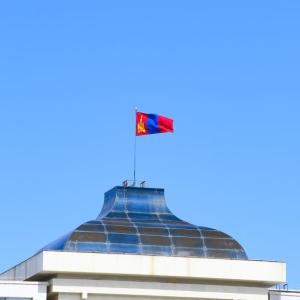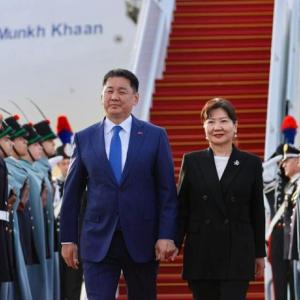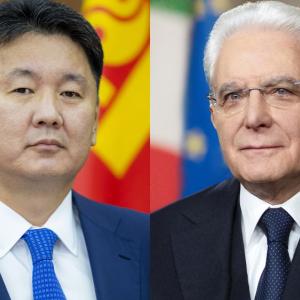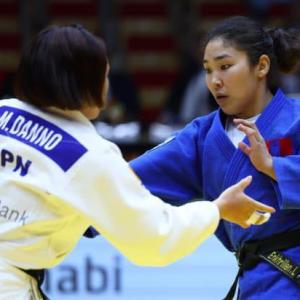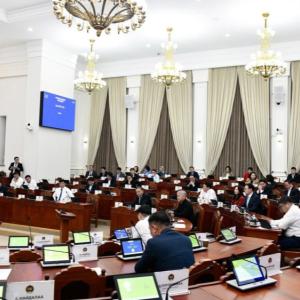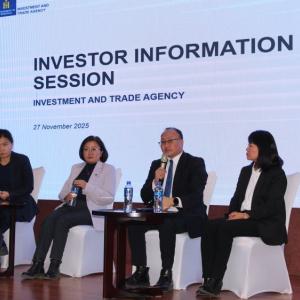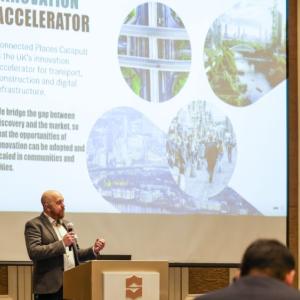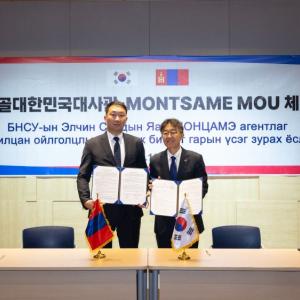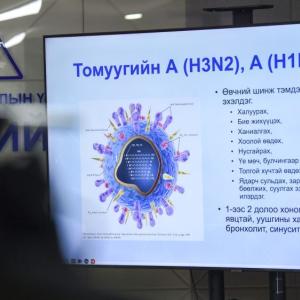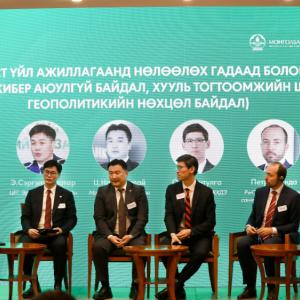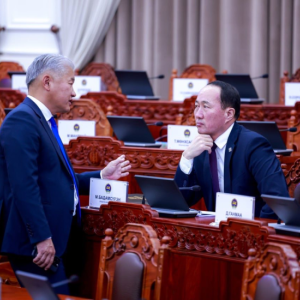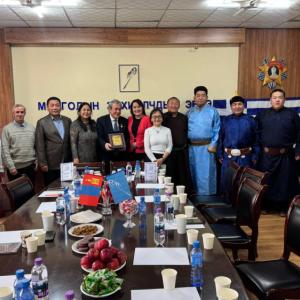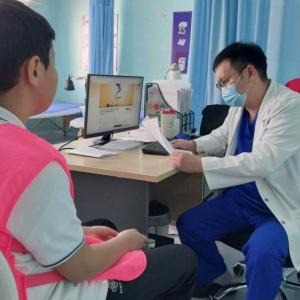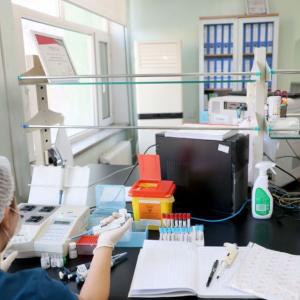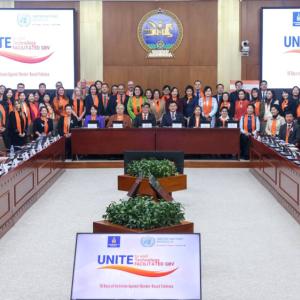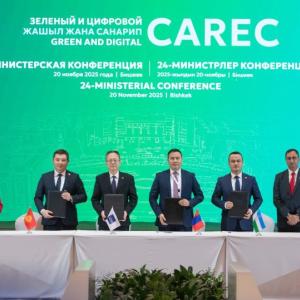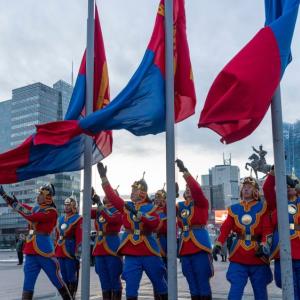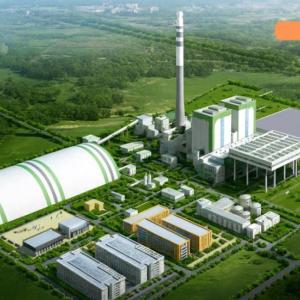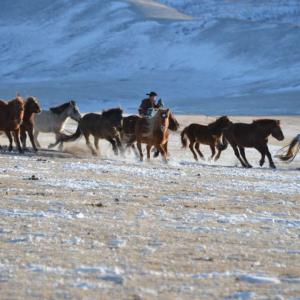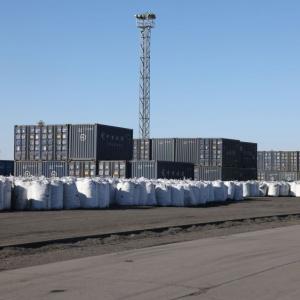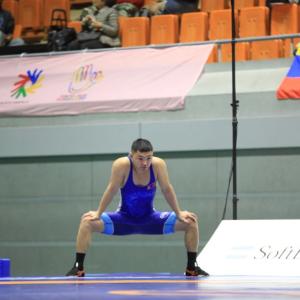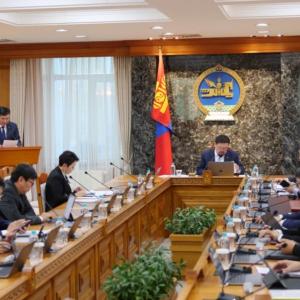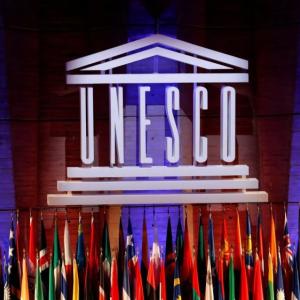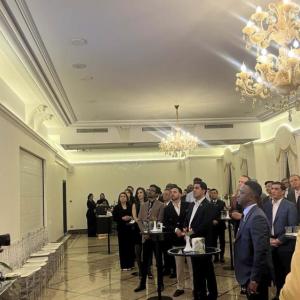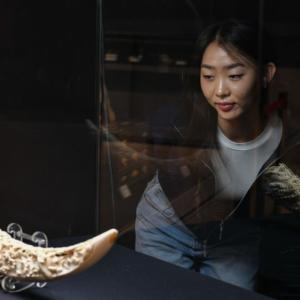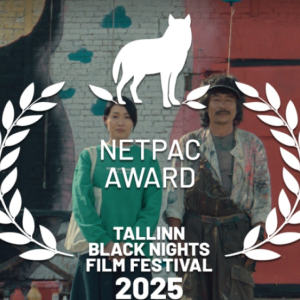Minister B. Battsetseg: We, together as women-leaders, are able to make a change, a lasting change to improve the well-being of our peoples.
Politics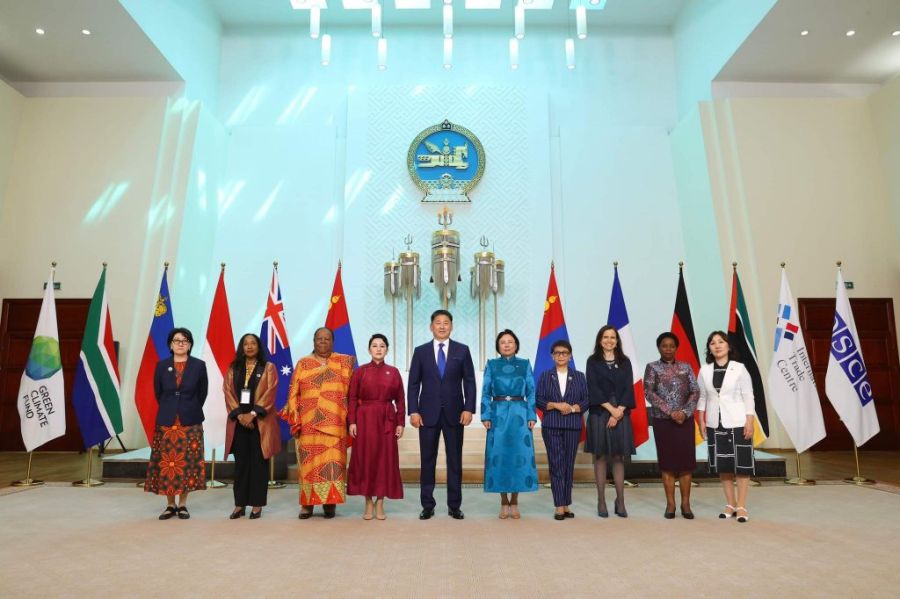
Ulaanbaatar, June 29, 2023 /MONTSAME/. We are presenting the full transcript of the opening remarks by the Minister
of Foreign Affairs of Mongolia Battsetseg Batmunkh, delivered at the Female
Foreign Ministers’ meeting on June 29.
Your Excellency Mr. President,
Esteemed Foreign Ministers,
Distinguished guests,
Ladies and gentlemen,
On behalf of the Government
of Mongolia, I extend my heartfelt greetings to this illustrious audience -
to my fellow friends - Foreign Ministers of France, Germany, Indonesia,
Liechtenstein, Mozambique and South Africa, Ambassador-at-Large of Australia,
OSCE Secretary General Helga Schmid, Executive Director of ITC and Director of
External Affairs of the Green Climate Fund. I am truly honored and humbled by
your presence and profoundly grateful for accepting our invitation and coming
to Mongolia despite your very busy schedule.
I dedicate my special thanks to
my dear friends Annalena and Catherine, Foreign Ministers of Germany and
France, for your invaluable support and co-sponsorship of our meeting.
It is also my pleasure to welcome
two distinguished women - Ms. Nyamosor Tuya, Minister for Foreign Affairs of
Mongolia from 1998-2000, and Ms. Sanjaasuren Oyun, Minister for Foreign Affairs
of Mongolia from 2007-2008.
We have gathered today as members
of one big family, with confidence, with hope, and with a determination that
together as women-leaders we will be able to make a change, a lasting change to
improve the well-being of our peoples. We will engage in open and sincere
discussions on the most pressing issues the world is facing today. We will
deliberate on our policies and actions to ensure that our children, youth,
women and men alike, enjoy better lives, enjoy equal opportunities and enjoy
lasting peace and freedom.
I sincerely hope that during your
stay, although rather short, you get a glimpse of our history, culture and
development. May I now share with you some of the most remarkable features of
my country.
Mongolia is a land of 3.4 million freedom-loving, brave
and proud yet humble people. We take pride in our
millennia-old history of statehood, unique culture and traditions and the
modern story of democratic transformations.
Mongolia is a land of striking contrasts. Our climate showcases
extreme variations, with scorching 35-40 degrees Celsius in summer and plummeting
well below -40 degrees in winter.
Our lands stretch as far as eyes
can see, unveiling boundless wonders – the remote Gobi Desert, the forested and
alpine north, the mountainous west, the endless rolling steppe and the crystal-clean
rivers and lakes. In these lands serenely roam 71 million heads of livestock
and a rich array of wildlife.
Mongolia is a vibrant democracy. Mongolia’s peaceful democratic
transition in 1990 ushered in a new change. The values of democracy, freedom,
human rights are deeply rooted in our people and in our history. The 1992
Constitution of Mongolia guarantees the fundamental freedom and human rights.Today,
Mongolia is a party to all major international human rights instruments.
Like every other democracy,
Mongolia does face challenges. Major policy and legal reforms are underway to
eliminate corruption, strengthen rule of law and ensure transparency. However,
we have accumulated experiences and would be happy to share our lessons learned
with our partners and colleagues throughout today’s meeting.
Over the past years Mongolia has
been an active participant of international activities aimed at strengthening
democratic institutions and processes, protecting human rights, and promoting
democracy worldwide. Mongolia is proud to have chaired the two major world
democratic movements – the International Conference of New and Restored Democracies
and the Community of Democracies.
Mongolia is “a symbol of peace”, as appraised by the UN Secretary-General Antonio
Guterres during his official visit to Mongolia in August 2022.
Mongolia has consistently pursued
a peace-loving, open, multi-pillar, and independent foreign policy. I am
pleased to recall that at the initiative of Mongolia, the UN General Assembly
adopted the Declaration on the Rights of Peoples to Peace, the Principles and
Guidelines for International Negotiations, and resolutions to observe annually
a disarmament week. Furthermore, as a strong advocate of nuclear-weapon-free
world, in 1992, Mongolia declared its territory a nuclear-weapon-free zone and
acceded to the Treaty on the Prohibition of Nuclear Weapons in 2021.
Mongolia
supports UN peacekeeping operations as one of the important means of
maintaining international peace and security. Following our first deployment of
female personnel in 2006, more than 900 Mongolian female military personnel
have served in United Nations peacekeeping operations. Mongolia is fully
committed to implementing the Women, Peace, and Security Agenda and firmly
devoted to the policy to increase the number of female peacekeepers by 15
percent by 2027.
Distinguished guests,
Dear friends and colleagues,
As a symbol of peace, as a
country which maintains diplomatic relations with all UN Member States, as a
country which has no territorial, political or whatsoever disputes or issues
with whomsoever, as a country with no hidden agenda, Mongolia is willing to
host various regional and international events, meetings and conferences as its
contribution to global peace and security.
Mongolia is strongly committed to gender equality both at
home and abroad.
Historically, women in Mongolia
have always been held in high esteem. Women used to advise the Great Khaans on
state affairs, and their voices carried much weight in politics. Historical
records also indicate that women participated in diplomatic activities with
other nations in East and Southeast Asia, the Middle East, and in Europe. They
recognized the diplomatic and strategic advantages of placing women in such
roles to leverage their abilities and skills in forging long-lasting diplomatic
ties and alliances.
We take immense pride in being
one of the first Asian countries to legislate gender equality. Women’s right to
vote and to be elected has been enshrined in the Constitution of Mongolia since
1924 and other civil rights, including women’s right to work, right to
education, and right to political participation were enacted subsequently.
Yet, only 17 percent of the State
Great Hural (Parliament) and 14 percent of the Cabinet members are women, and
the recent appointment of the first woman Provincial Governor clearly
demonstrate that much remains to be done in terms of ensuring gender equality
in management and decision-making positions.
To this end, we have amended the
relevant legislation increasing the gender quotas for electoral candidates and
decision-making positions in the public administration. The latest amendment to
the Law on Elections set a minimum quota of 30 percent for either gender
candidates in the parliamentary elections and starting from the 2028
parliamentary elections it will be increased to 40 percent.
Honorable colleagues,
Although Mongolia has not
officially declared its foreign policy as a feminist foreign policy, it has
been a strong advocate for international initiatives aimed at advancing women
and gender equality agendas.
Since 1976, the United Nations
General Assembly adopted a Mongolia-sponsored resolution on improving the situation
of women, later retitled to better focus on women and girls living in rural
areas.
Ms. Ider Luvsandanzan, a Mongolian
female diplomat, was appointed as the Head of the Working Group of the Whole on
the Drafting of the Convention on the Elimination of Discrimination against
Women in 1977 and four years later she was elected as the first Chairperson of
the United Nations Committee on the Elimination of Discrimination Against
Women.
The role of women in Mongolia’s
foreign policy has been steadily on the rise. Until 1990, less than 10 percent
of the Foreign Ministry staff were women, today half of our staff and
managerial positions are held by women. However, currently only 6 out of 31 Mongolian
Ambassadors are female.
Distinguished
participants,
Statistical
analysis of extensive datasets unequivocally demonstrate that when women engage
in peace processes, the likelihood of achieving lasting peace significantly
increases. A study analyzing the presence of women as negotiators, mediators,
witnesses, and signatories to 182 peace treaties signed between 1989 and 2011
revealed that women's participation had the greatest long-term impact. In fact,
an agreement is 35 percent more likely to endure for at least 15 years when
women actively contribute to its creation. Additionally, women play a vital
actor in peacemaking, as their involvement in negotiation increases the
probability of ending violence by up to 24 percent.
While notable
progress has been made since the adoption of the United Nations Security Council’s
landmark resolution 1325 on Women, Peace, and Security, we must acknowledge
that the representation of women in peace processes still remains insufficient.
Despite the
wealth of evidence highlighting the benefits of investing in women can bring in
terms of conflict prevention, crisis response, and peace, the failure to
allocate sufficient resources and funds has been perhaps the most serious and
persistent obstacle to the implementation of the Women, Peace and Security
agenda over the past 23 years. In this regard, we welcome the decision by Germany to
allocate at least 1 million euros to the “Women Peace and Humanitarian Fund”
for 2024, and France’s decision to allocate 1 million euros to the UNDP’s “Gender
and Crisis Management Facility”.
Dear colleagues,
The empowerment of
women is not just a moral imperative. It is an essential catalyst for social,
economic, and political progress.
Let us not forget that
progress toward gender equality is our inherent shared responsibility. Our governments,
civil society organizations, the private sector, and individuals must act
collectively. We must work together to dismantle the barriers that limit
women’s full participation in all spheres of life.
We, as Ministers, but above all, as women, have the heart,
mind and soul to succeed in our pursuit of equal opportunities, equal
representation, and equal rights for all.
It is our common responsibility as loving mothers, as
caring daughters, as affectionate wives, and as devoted sisters to join our
efforts and create a better world for every girl and woman; a world, where
women empowerment and gender equality is a lived reality rather than a distant
goal.
Let us all together make concerted efforts to bring about
notable change, remarkable improvement in the lives of our girls and women. If
there is a will, there is a way. On this cause, the most noble of all, we are
destined to succeed.
I eagerly look forward to fruitful discussions,
invaluable exchanges and a lot of happy moments, with you, friends, that will
inspire us for many years to come. Let us make our planet, one for all of us, a
place of lasting peace, love and happiness.
Thank you.
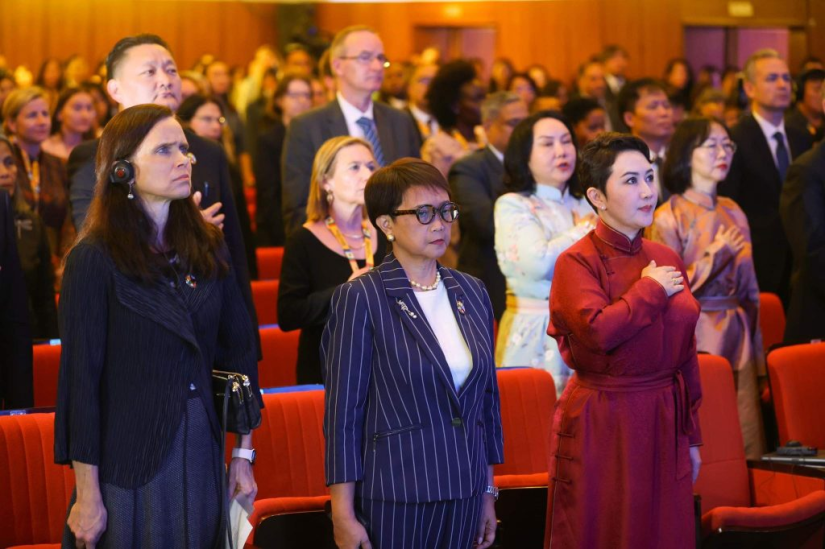

 Ulaanbaatar
Ulaanbaatar






